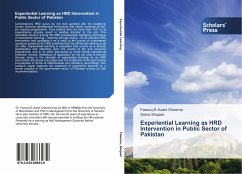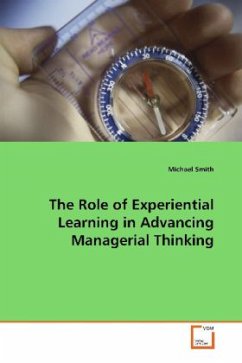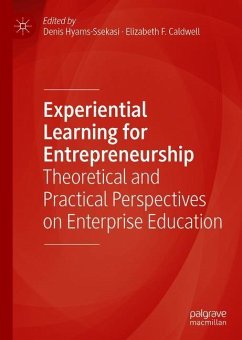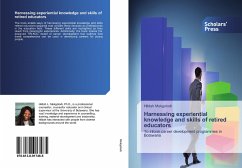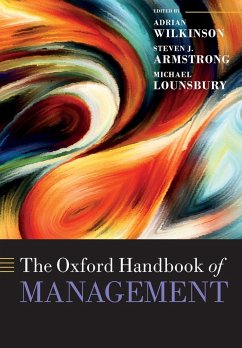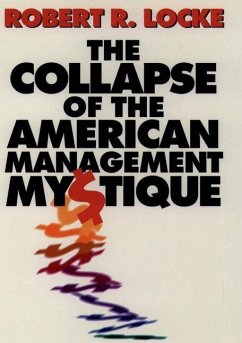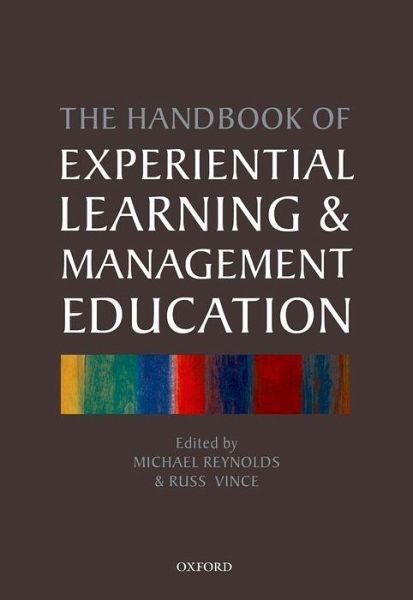
The Handbook of Experiential Learning and Management Education
Versandkostenfrei!
Versandfertig in 1-2 Wochen
120,99 €
inkl. MwSt.

PAYBACK Punkte
60 °P sammeln!
While Experiential Learning (EL) has been an influential methods in the education and development of managers and management students, it has also been one of the most misunderstood. This Handbook explores current thinking on EL; ideas and examples of EL in practice; and the importance of EL to the future of management education.




